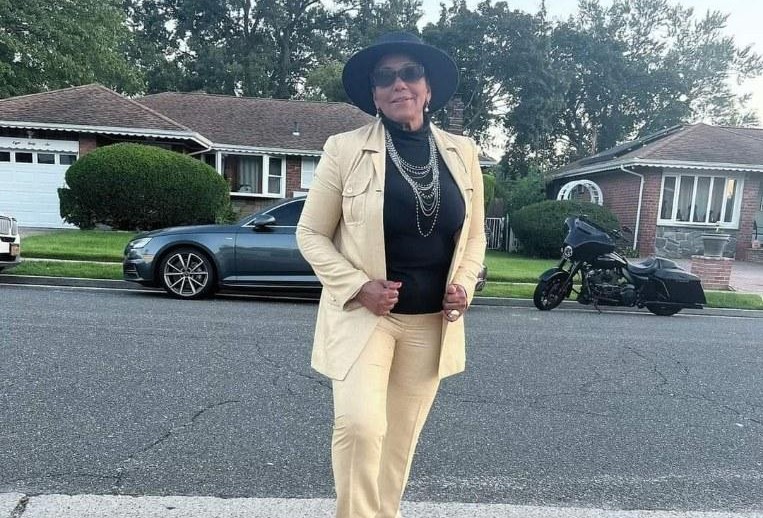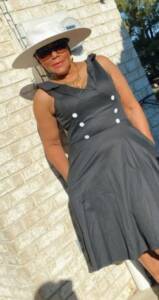Yris finds ways to build trust even with language barriers


Yris was a special needs teacher in the Dominican Republic, meaning that she was often was caring for the physical needs of some students – as well as teaching them.
But when she moved to the United States, she found she didn’t speak English well enough to get a teaching job. So when she heard about a New York program training caregivers, she decided to try that.
Building Trust with Clients is Key
Now, she has been working with Help at Home for almost three years. In some cases, her Spanish skills are helpful. Many of her clients also speak Spanish. But she also works with clients from a variety of backgrounds – Indian, Filipino, Arabic and more. In some cases, English is not the first language for either her or her client.
This lack of common language can be a barrier at first – and she sometimes feels like new clients are wary of her. But she says she wins them over by slowly and surely, by respecting their wishes, doing things as they ask, and being companionable.
“The key is respect,” she said. “I will always follow what they want and follow their instructions. I tell them I need to know what you want me to do. Explain to me your preferences.”
Even caregivers who speak the same language as their clients can experience initial wariness. Many clients are initially reluctant to welcome a caregiver into their home. They may not be fully convinced that they need help. Even if they do accept that they need help, they are afraid that a caregiver will come in and take over everything.
No matter why the client is wary, many caregivers find that Yris’s technique works for them as well. If the caregiver asks the client to make key decisions – asking what cleaning is most important to them or how they want their eggs cooked, etc. – it reassures the client that they are still in control of their own life and home.
Smiles and Thoughtful Gestures Always Help
Yris’s colleagues at Help at Home say she is always spreading joy and positivity. She said that is not something she does deliberately.
“Not really,” she said. “It’s just the way I am. I like to say hello to everybody. I like to dance. I have a cheerful spirit. I go above and beyond to do things like take clients to the park, because I like nature and it’s good for them.”
Many clients have mobility problems that make outings difficult. “But I make the effort to help them be outside,” she said.
When clients see she is going the extra mile for their well-being, it makes them more likely to accept her help on other things as well.
She has also been known to look for magazines that will interest the people she cares for – or other small symbolic gifts. It doesn’t have to cost money. For example, if you see a magazine at a coffee shop or hair salon that a client would like, you could ask if you could have it when the shop is done with it.
And she always does exactly what they ask – for example, if they want to only eat on paper plates, she will do that! Even though she could have used a regular plate and washed it for them.
For Yris, caring for clients is rewarding work. Sometimes, it is a reminder of her days with her own parents as they aged. And on other days, it’s a great opportunity to learn about different customs and ways of life.
“I like to learn the different cultures, the different food, how they dress and how they keep their closets. It can be so different from my culture. I can learn from them.”
And it’s not only cultural differences, she said. She also has learned from the wisdom of her clients on other things – like the way they have come to accept living with illness or pain.
“I like to see how people hold that love with their family and that bond they have,” she said. “I love to learn from other people.”
